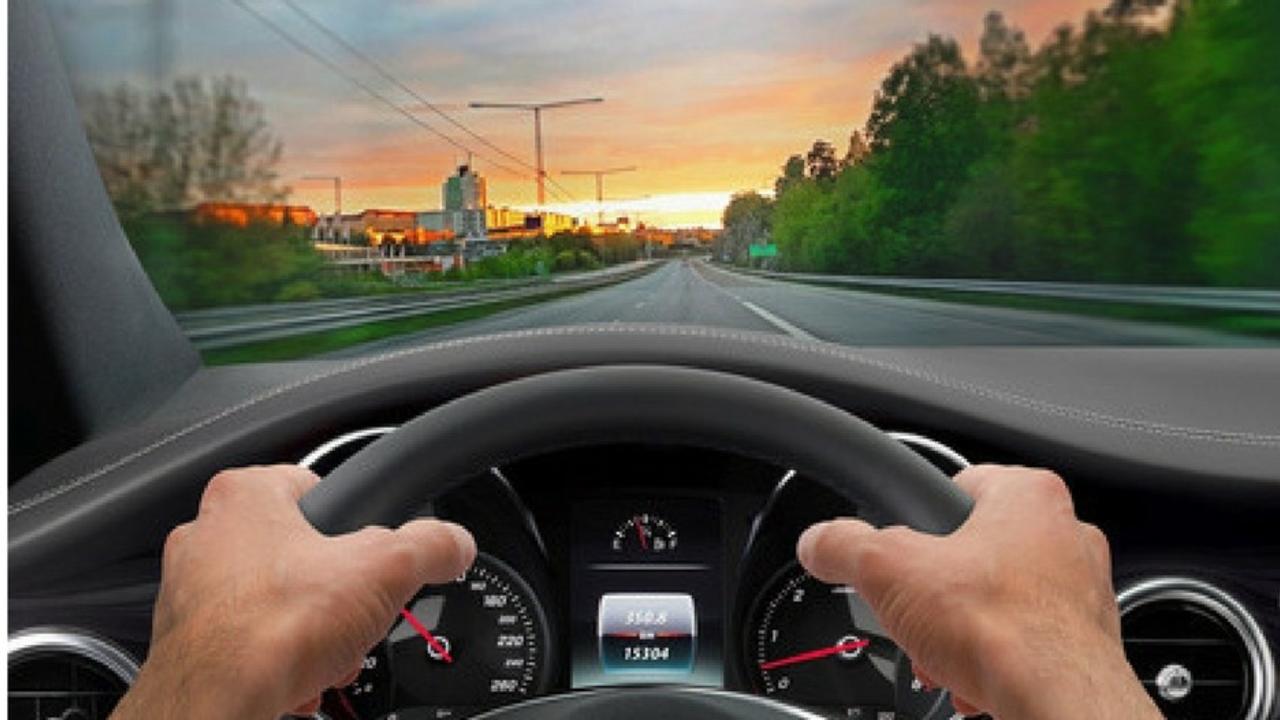Are You in the Driver’s Seat?

Let’s look at “driving in a car” as a metaphor for how individuals live their lives.
It’s important to be an effective and careful driver. When you are driving, you should have your hands securely on the steering wheel and be aware of the road ahead, the terrain, the weather, and other external factors. You also have to pay attention to all of the road signs and signals posted along the way. In life, when you are in the driver’s seat, you are aware of yourself (your emotions, internal stressors, coping skills, and behavior), your environment (everything outside of yourself), and you are connected and communicating with the important people in your life. Think about it:
Are you in the driver’s seat most, if not all of the time? Are you aware of yourself, your surroundings, and how you communicate with the people you come in contact with on a regular basis?
You might start to realize that you've been stuck in the passenger seat of your life. Being in the passenger seat is a good start, but it means that you are not taking full responsibility. You might grab the wheel once in a while or offer helpful information to the driver, but you are not behind the wheel. Becoming an effective communicator and improving your self-awareness is the first step to taking more responsibility and allowing yourself to move into the driver’s seat, where you belong.
It’s also reasonable for you to voluntarily be the passenger in certain relationships, and let someone else take charge. This might occur because you trust the other person, or they are an authority figure, your boss, etc. As long as you are not compromising your feelings or self-esteem, this can be fine.
Do you think you are in the passenger seat most of the time? If so, can you make some small changes to begin adjusting your behavior?
Are spending time too much time in the backseat? Are you coasting, peering over the front seat, and observing what’s going on around you, but not taking any responsibility for driving (or your personal decision-making). Maybe you are the type of person who points things out to the driver or criticizes him/her, but you never take a risk to step up and communicate what you need in a thoughtful way.
Perhaps it’s easier to coast and not make waves, or maybe your discomfort level is high and communication doesn’t come easily to you. If you think you are a backseat driver, try to bring your newly developed self-awareness into the picture and non-judgmentally figure out what's holding you back from stepping up and moving at least into the front passenger seat. Are you in the backseat?
Please, not the trunk! This is the person who has very little awareness about themselves and/or their surroundings. Someone who is in the trunk might be feeling or behaving as if they are lost and not in control of their life. This might include individuals suffering from severe depression, or active addiction. When you are in the trunk, you are merely going through the motions of life. If you think this is the role you've been playing, please seek guidance to learn about healthier choices. Don’t settle for the trunk; it is not a healthy place to be, and you deserve more.
At various times in our lives and for whatever reasons, we might take on different roles. Sometimes it's reasonable to be a passenger, and it’s even okay to rest in the backseat for a short time, letting someone else take the wheel. Remember, this is all about self-awareness. If you lack awareness, the roles you play in your own life cannot change.
So where are you in the car? Are you comfortable in that position? If not, what do you need to do to get back in the driver’s seat? Use The Relationship Protocol® (RP) model to help you achieve your new goals and desires. If you need extra support, don’t hesitate to seek professional help.
